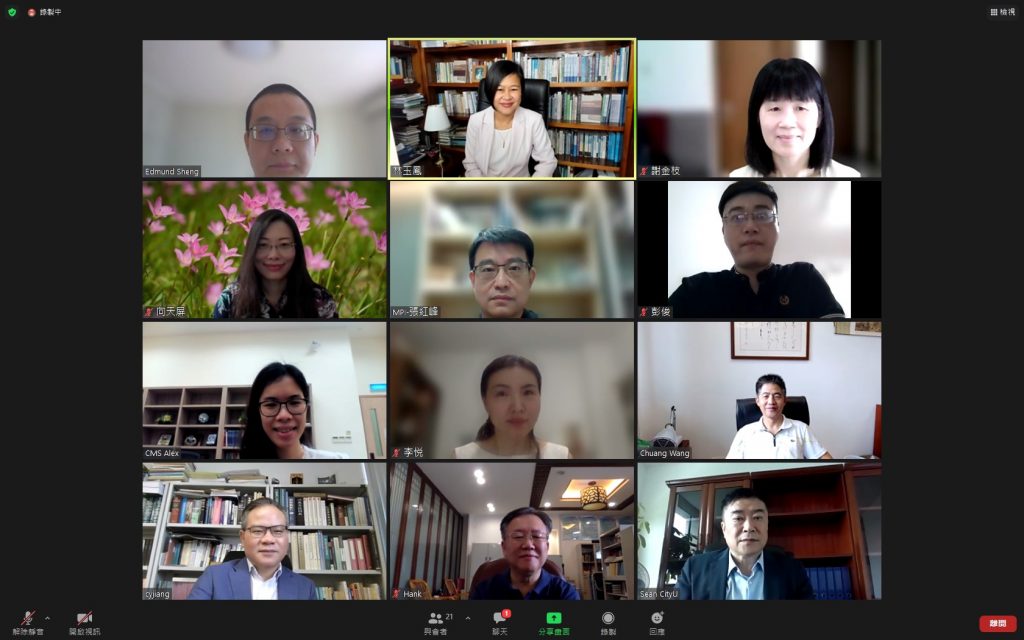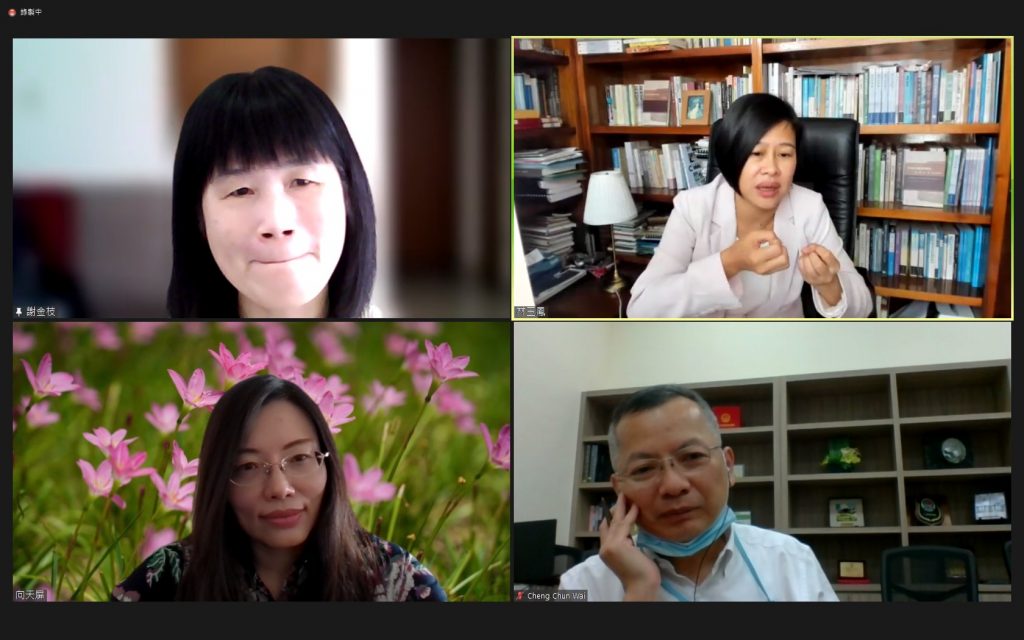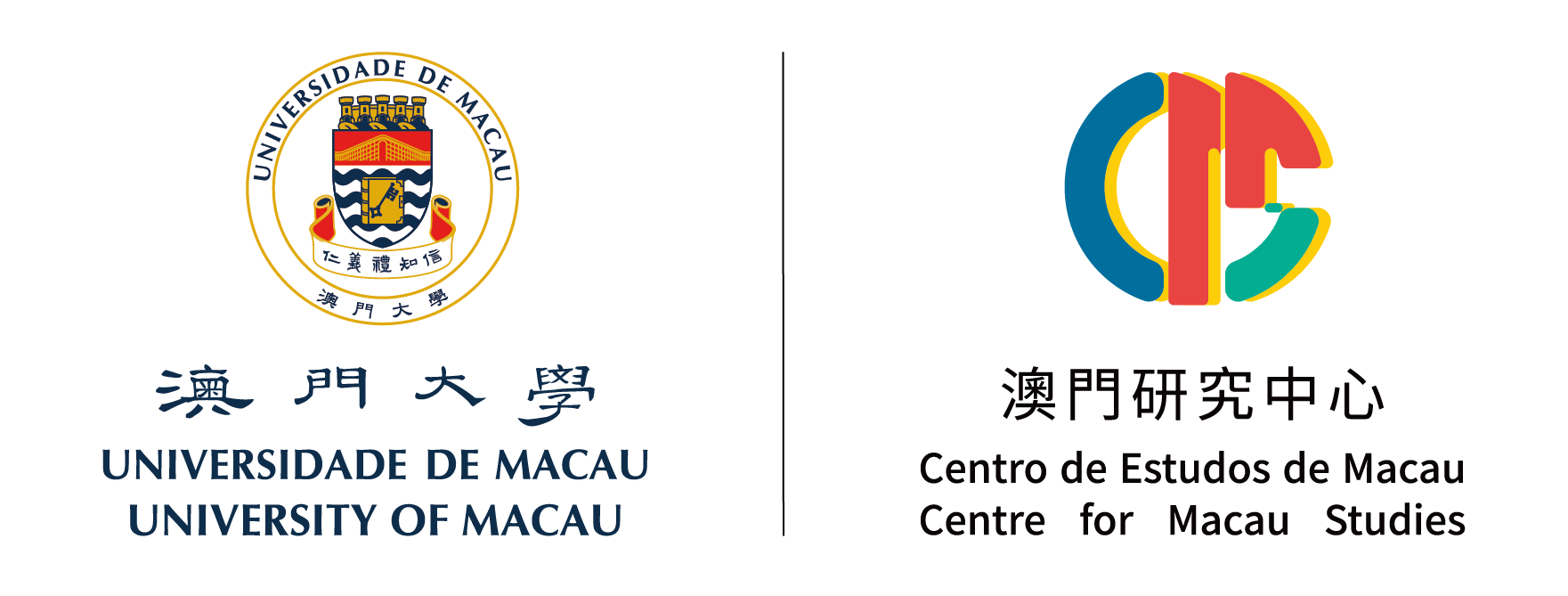The University of Macau (UM) Centre for Macau Studies (CMS) and Faculty of Education (FED) today (29 September) held an online conference titled ‘Celebrating the 40th Anniversary of the University of Macau: Conference on the Current Situation and Future of Higher Education in Macao’. During the event, experts and scholars discussed various issues related to the current and future development of higher education in Macao.
The conference began with a discussion of several macro-issues in higher education, including the history of teacher education in Macao over the past century and the opportunities and challenges for higher education institutions at the moment. Participants then explored some current issues from a micro perspective, including academia-industry collaboration in humanities and social science within the context of the development of the Greater Bay Area. Other topics discussed at the conference include whether higher education in Macao has nurtured writing teachers needed in primary and secondary schools, the mode of learning assessment for undergraduate students, and the current status of national education for university students.
FED Dean Wang Chuang said that in higher education management, Macao should learn from advanced Western experience while maintaining the traditions of Chinese culture and Macao’s unique characteristics so as to find a path that suits Macao and develop higher education policies that are conducive to the long-term development of the Greater Bay Area.
CMS Director Agnes Lam pointed out that higher education in Macao had two beginnings —the first was the founding of St Paul’s College in 1594 and the second was the establishment of the University of East Asia (the predecessor of the University of Macau) in 1981. According to her, higher education institutions in Macao have been given an even greater mission in the 21st century. In addition to teaching, research, and serving society, they have the responsibility to promote economic diversification of Macao in order to better serve Macao and the Greater Bay Area.
UM scholars who attended the online conference include Sheng Li, associate dean of the Faculty of Social Sciences; Jiang Chaoyang, professor of the Faculty of Law; Cheng Chun Wai, associate professor of the FED; as well as Elizabeth Hsiang Tien Ping and Shieh Jin-Jy, assistant professors of the FED. Other participants include Sean Li Shuying, pro-rector of the City University of Macau (CityU Macau); Peng Jun, coordinator of master’s and doctoral programmes of the School of Education at CityU Macau; Prof Zhang Hongfeng, associate professor of the School of Humanities and Social Sciences at Macao Polytechnic Institute (IPM); Su Shaodan, PhD student of IPM; Liu Hui, professor of the School of Education (Teachers College) at Guangzhou University; and Li Yue, associate researcher of the Basic Education and Teacher’s Development Research Centre at Shenzhen University.



